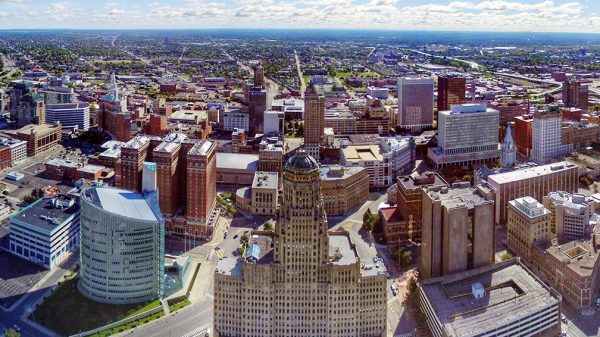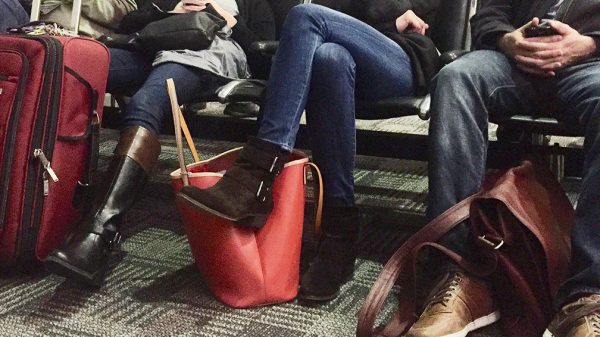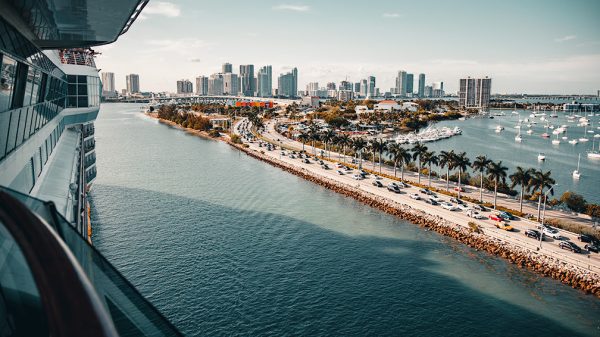Aug 11. The Boston Public Health Commission (BPHC) is reminding residents of prevention strategies during the global monkeypox outbreak that has resulted in 174 known cases in Massachusetts. The monkeypox virus causes a painful rash or sores, as well as flu-like symptoms.
Monkeypox spreads primarily through close contact with infectious sores, scabs, or body fluids. It can also be spread through touching objects that have been used by someone with monkeypox and respiratory secretions during prolonged, face-to-face contact. Monkeypox can spread during intimate contact like sex, kissing or touching parts of the body with sores, but the risk of monkeypox is not limited to people who are sexually active. Monkeypox is not a “gay disease”, and it is important to reiterate that stigmatizing people because of a disease is unacceptable and can stop people from accessing prevention, care, and treatment. Anyone who has close physical contact with someone who has monkeypox is at risk for infection. A person with monkeypox is considered infectious from the beginning of symptoms until the sores have crusted, scabbed over, fallen off, and a fresh layer of healthy skin has formed underneath, which can take from two to four weeks.
The JYNNEOS vaccine is FDA-approved to prevent monkeypox infection. The CDC recommends that the vaccine be given within four days of exposure to prevent the onset of symptoms. Receiving the vaccine within five to 14 days of exposure can reduce the symptoms but may not prevent them entirely.
Source: Boston.gov












